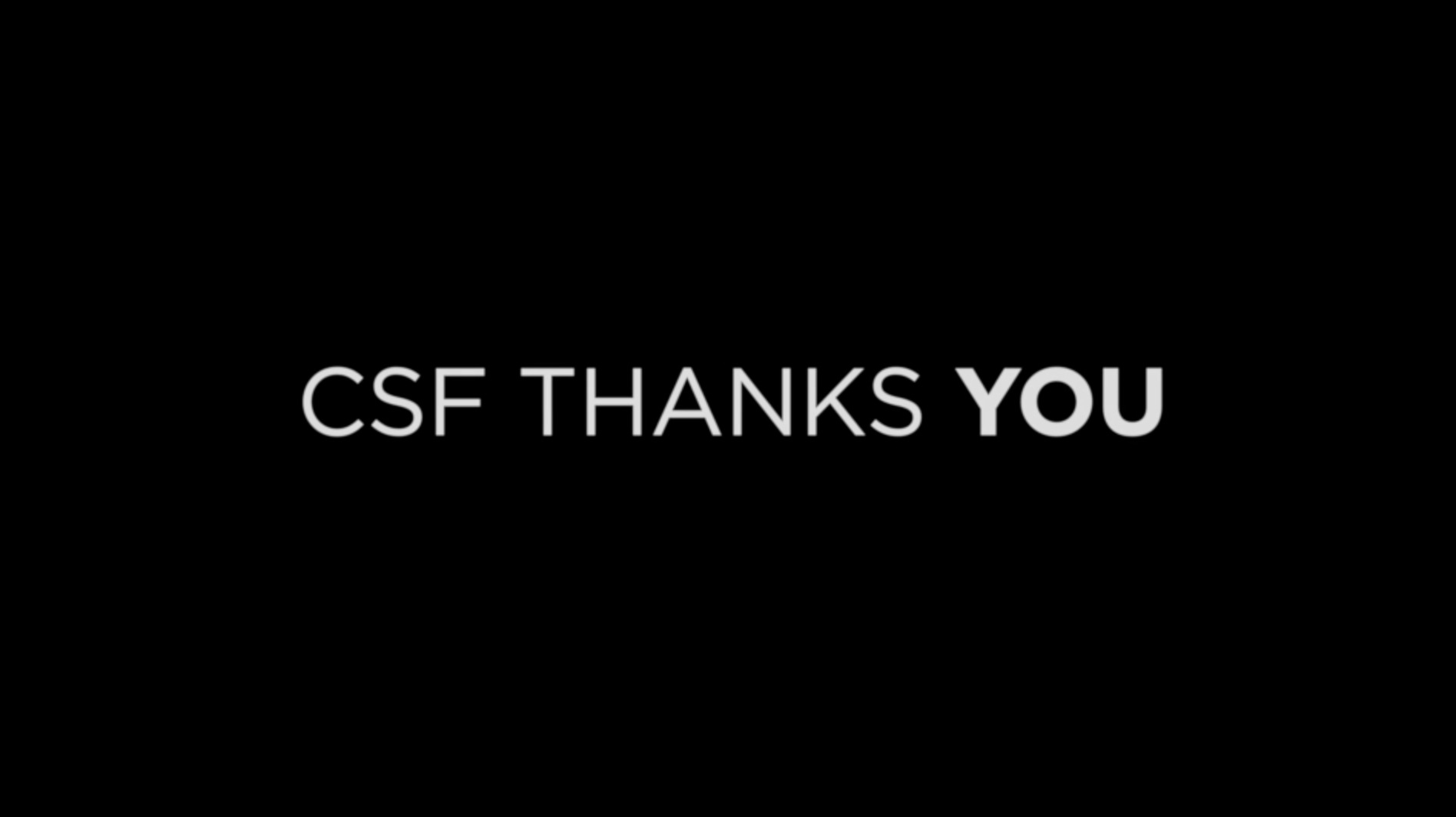News
Understanding the forest restoration models used.
Participants enjoying themselves between training sessions.
Conservação Estratégica (CSF-Brazil) is pleased to announce the launch of a new publication "Guide for the Participatory Development of Sustainable Business Plans” (in Portuguese).
Women of the Paiter Suruí people collecting the babassu fruit in the Sete de Setembro IL, in Rondônia state.
José Carlos Rubio Ayllón (CSF) presenting the HydroCalculator.
Foto: Ana Gabriela Gómez Arancibia,Mesa de trabajo en el curso Incentivos Económicos para la Conservación de la Naturaleza. Santa Cruz de la Sierra - Bolivia.
Participants and organizers of the RECABAAM modeling workshop.
CSF's Fernanda Alvarenga doing a presentation during one of the value chains workshops.
Every day, support from donors like you makes our work possible. Are you willing to make a special year-end donation to help us protect ecosystems around the world?Please, click here to make your donation now.









